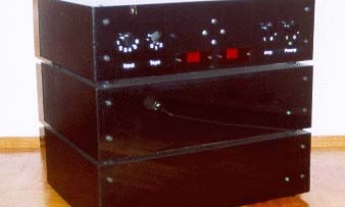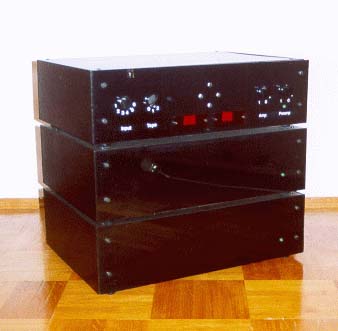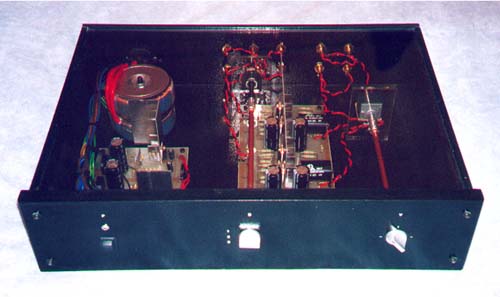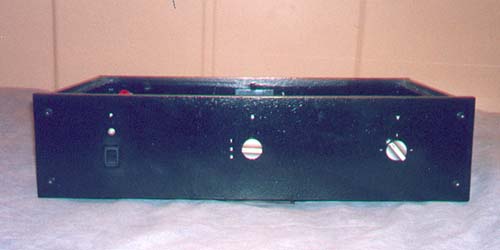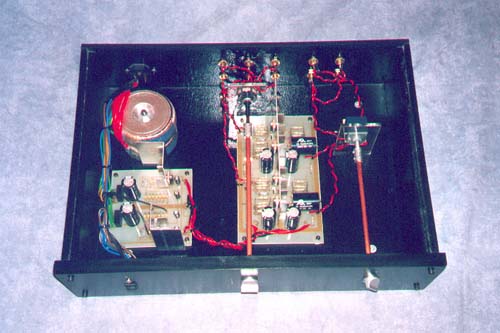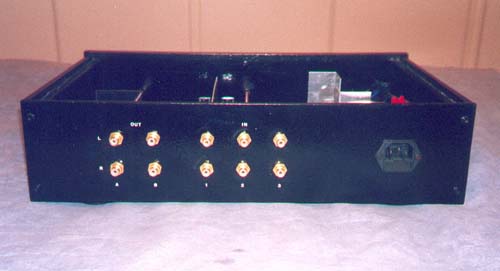Balanced Zen Line Stage
Hi to everybody! And of course greetings to Mr. Pass who has inspired so many people in making their own very good audio equipment. I first read about the Zen projects some while back in the Audio Electronics magazine. I thought the balanced line stage was too good to be true. I made this preamp when the project was published and never changed it since then.
After reading the article I took the following technical data in mind for the lowest THD and best performance: 1) Power supply +60Vdc/-60Vdc 2) 10 dB gain 3) Volume control in the output so the output level is maximum (0.5-2 V)
Other selections I made are the following:
1) Silver contact selector for the input selection. I used a 4 pole 3 contact one, so I have 3 inputs and for each input I connect and disconnect the ground also. In this way I don't have any ground loops in the 3 inputs.
2) Blue Alps pot for the volume at 10 Kohm for low Rout. Linear pot in the volume control for better channel tracking but with the use of a resistor on the pot making its resistance change logarythmic.
3) I didn't use the balanced inputs and outputs. So I only used the + Input with the - Input to groung via a 220 ohm. In the outputs I used the + Output only via a 10uF SCR polypropylene capacitor.
4) The resistors are either 1- % metal film 1/4W or metal oxide 3Watt type.
5) The transistors are HEXFETs from I.R. IRF620 TO220 case.
6) The preamplifier box is from MDF wood so its very neutral to vibrations and the top cover is from plexy glass so it looks kinda cool.
The sound of this preamplifier is one of the best I have ever heard till now. Before I made this preamp I used the simple preamp from the Elektor magazine which used (in a simple version) the well-known NE5534. The upgrade was so obvious that I didn't need a second try to tell the difference. LOL.
The voices and instruments had a lot more detail and space around them. The sound quality is so great that I suggest to people who want to make a preamp to make this one and don't even think of using op-amps. I believe that op-amps cover a lot of details probably because of their complex circuits. The simpler the better.
ILIAS KAMOUZIS, .(JavaScript must be enabled to view this email address)







